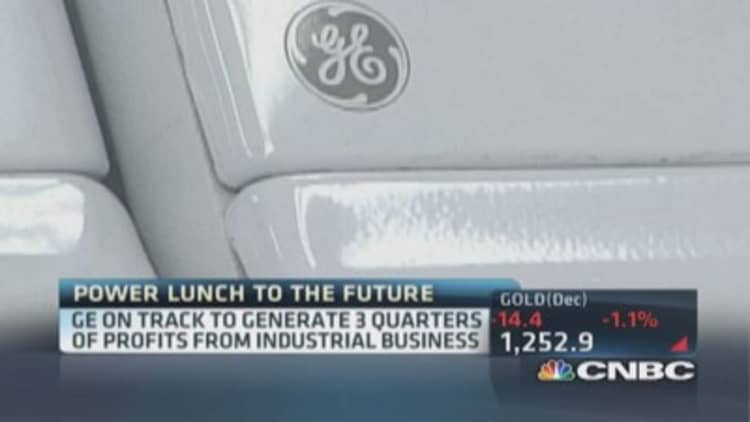Floridians in the market for a new appliance this past weekend were in luck. The state was the latest to hold a sales tax holiday for those buying environmentally friendly appliances.
This year, a growing number of states offered sales tax holidays for energy-efficient appliances, even as the overall number of states participating in all types of tax-free weekends dwindled.
So far this year, seven states held events where energy-efficient appliances were exempt from taxes, the largest number since 2010. In the Florida event, appliances had to have either an Energy Star or WaterSense label to qualify.
Politicians often propose these holidays as a way to increase consumer activity and therefore give a boost to the local economy. Tax-reform advocates, however, say these experiments rarely achieve their intended goals.
Read More
"The sales tax holidays just happen to shift consumption throughout time," rather than increase it overall, said Liz Malm, an economist with the Center for State Tax Policy at the Tax Foundation.
But as far as appliance makers are concerned, these weekends are good for sales. During Massachusetts' sales tax holiday on energy-efficient appliances in August, General Electric saw a significant increase in sales for its GeoSpring hybrid electric water heater, according to Francois Lebrasseur, water products marketing manager for GE Appliances.
"When consumers see additional savings combined with the prospect of reducing operating costs for their homes, the incentives can be the tipping point in buying more efficient appliances," Lebrassuer said.
Read More
The savings for consumers are not just limited to the saved sales tax. A new Energy Star-labeled refrigerator will cost around $40 per year to operate, while a 15-year-old model will have energy costs of about $95 per year, according to GE.
And of course, there's the added bonus of protecting the environment. Since 1992, Energy Star appliances have reduced carbon pollution by 2 billion metric tons, according to the Environmental Protection Agency.

Unfortunately, the vast majority of people cannot really reap the advantages of the sales tax holidays. As many homeowners have experienced, when an appliance breaks, you can't really wait to buy a new one.
And so when these weekends roll around, you either need to have opportune timing in the breakdown of your fridge, for instance, or enough money to afford the purchase of replacing one early. Such a scenario leaves out many who might not have much cash on hand, according to Matt Gardner, executive director of the Institute on Taxation and Economic Policy.
"Poor people can't always change the timing of their purchases," Gardner said, adding that in some cases it will cost more to buy an energy-efficient appliance.
Read More Apartment construction leading housing recovery
For example, the cheapest Energy Star, full-size refrigerator on Sears' website costs around $442, whereas a less efficient fridge runs only $398. So, despite the long-term savings, the up-front cost can be steep. That's why Gardner said incentives that go beyond sales tax holidays are more worthwhile.
"Policymakers should be thinking of ways to make these long-term investments more affordable," he said.
This could mean year-round rebates or appliance buybacks, where you can earn money toward the purchase of a new product by returning your old one, which are in place in many stores across the country.
To help consumers find the cheapest route to an efficient home appliance, Energy Star provides a rebate finder on its website, which allows you to search for deals near you. So whether or not you want to take advantage of a sales tax holiday for your next appliance purchase, chances are you'll be able to rake in the savings.

